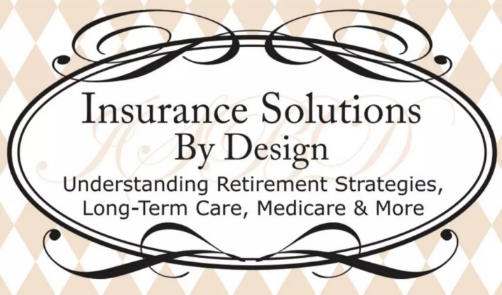Medicare is a vital federal health insurance program that provides essential healthcare coverage for millions aged 65 and older and those with disabilities. While Medicare offers comprehensive benefits, navigating its complexities can be overwhelming, leading to potential mistakes that could cost beneficiaries time, money, and essential healthcare services. This blog will explore the top Medicare mistakes to avoid, ensuring that American beneficiaries make informed decisions and maximize their healthcare coverage.
1. Not Enrolling on Time
One of the most common mistakes is not enrolling in Medicare on time. For most individuals, the Initial Enrollment Period (IEP) commences three months before their 65th birthday and ends three months after. Delaying enrollment can lead to penalties and delayed coverage, potentially leaving beneficiaries without health insurance when they need it the most. It is crucial to be aware of the IEP and to enroll during this window to avoid unnecessary complications.
2. Misunderstanding Medicare Parts
Medicare consists of different parts, each covering specific healthcare services. Part A provides hospital insurance; Part B offers medical insurance; Part C includes Medicare Advantage plans, and Part D covers prescription drugs. A common mistake is not understanding the differences between these parts and their respective coverages. Beneficiaries should know what each piece offers and determine which suits their healthcare needs.
3. Neglecting Medigap Coverage
Medicare Parts A and B do not offer coverage for all healthcare expenses, leaving beneficiaries responsible for deductibles, copayments, and coinsurance. Neglecting to enroll in Medigap (Medicare Supplement Insurance) can lead to significant out-of-pocket costs. Medigap policies are designed to fill the gaps in Original Medicare, providing additional coverage and financial protection.
4. Overlooking Prescription Drug Coverage (Part D)
Prescription drug costs can be substantial for many Medicare beneficiaries. Failing to enroll in Medicare Part D (Prescription Drug Coverage) can result in high drug expenses, especially for individuals who regularly take medications. Even if beneficiaries do not need prescription drugs, enrolling in Part D during the Initial Enrollment Period is advisable to avoid late enrollment penalties.
5. Not Reviewing Medicare Advantage Plans Annually
Medicare Advantage plans, also known as Part C, are offered by private insurance companies and provide an alternative way to receive Medicare benefits. One of the most common mistakes is not reviewing Medicare Advantage plans annually. These plans can change their coverage, premiums, and provider networks annually. Beneficiaries should assess their healthcare needs annually and review available Medicare Advantage plans to ensure they have the most suitable coverage.
6. Assuming All Healthcare Providers Accept Medicare
Not all healthcare providers accept Medicare assignments, meaning they may charge more than the Medicare-approved amount for services. Beneficiaries who seek care from non-participating providers could be responsible for higher costs. Before seeking medical assistance, checking whether the provider accepts Medicare assignments is essential to avoid unexpected expenses.
7. Disregarding the "Welcome to Medicare" Preventive Visit
Medicare beneficiaries are entitled to a "Welcome to Medicare" preventive visit within the first 12 months of enrolling in Part B. This visit allows beneficiaries to establish a health baseline, discuss preventive screenings, and review existing health conditions with their healthcare provider. Refrain from discarding this initial preventive visit to avoid missing out on crucial health assessments and screenings.
In conclusion, avoiding common Medicare mistakes is essential for beneficiaries to optimize their healthcare coverage and benefits. Seniors can ensure comprehensive protection by enrolling on time, understanding the different Medicare parts, and choosing suitable supplemental coverage, such as Medigap or Part D. Regularly reviewing healthcare needs, staying informed about Medicare changes, and being proactive in updating personal information are crucial steps to making the most of this vital program. By taking these measures, beneficiaries can enjoy a smooth and rewarding healthcare experience that prioritizes their well-being during their golden years.


